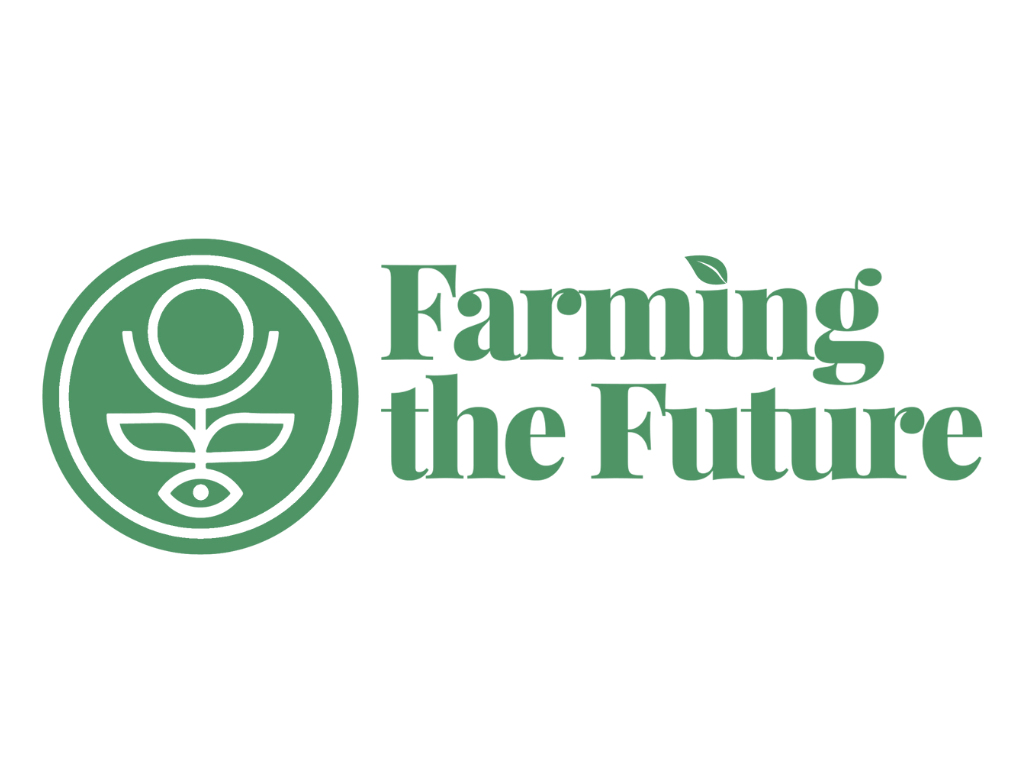The Future of Farming is Agroecological
- Mar 4, 2021
- 4 min read
Updated: Oct 20, 2025
The problem with our global food system – and how to fix it
Written by Chris Williams, New Economics Foundation.
Originally posted online through the New Economics Foundation's blog.

In early January, the Oxford Real Farming Conference brought together over 5,000 people from all around the world to discuss how farming and agriculture can transition to a system that works with natural systems and supports farmers to farm in a way that reduces chemical inputs and regenerates soil and biodiversity. This inspiring event had to move online due to the pandemic but used the opportunity to expand its remit to bring farmers, land workers, practitioners, movement builders, academics and NGOs from the Global North and South together to learn from each other.
THE CHALLENGE
Farming is bound up in our neoliberal economic system. This means that farming’s value comes from a narrow focus on producing as much food as possible, regardless of environmental or human cost (usually through increased fertiliser and pesticide use) for global commodity markets. It is also driven mainly by profit, often achieved through poorly paid jobs and exploitation of farmworkers, who bear the true cost of production.
The global food and farming system (just like the UK food system) is also heavily reliant on fossil fuels and on the subsidies and loans that agrochemical companies receive. Big corporates like Monsanto benefit from government support, at the expense of small-scale farmers. The narrative of 'feeding the world’ is used to justify the huge corporate power over politics, also known as ‘Big Agriculture’. This locks in a dangerous dependence on one type of production and purpose.
The result is deforestation, monoculture, biodiversity loss (including plummeting numbers of pollinators), damaging climate impacts, reduced human and animal welfare, and displacement or land grabs that push small scale farmers, landless workers and peasants into ever more marginal existence.
Global experience has shown that a transition to a healthier, fairer farming system will involve land rights, food justice and changes in subsidies, methods, techniques and purpose in farming.
TRANSITIONING TO AGROECOLOGY
The real lessons from this global conference were three-fold for me. The first is that ‘externalities’ matter — producing huge amounts of food might make it cheap, but this hides its true costs to human welfare and environmental health. The second is that communities matter — a food system that doesn’t enable people to have control over what they eat and how (and by whom) it’s produced, isn’t a functioning food system. And the third is that ownership matters – we are losing land for small-scale farmers every day (whether it’s the continued selloff of public farmland in the UK or land grabs in the global South), and with that the knowledge and ability to farm in a sustainable, regenerative way.
So, the conclusion is clear: we must urgently transition to a new farming system, one that works with nature and is socially just. This is encapsulated in agroecology, a sustainable farming practice that works with ecosystems and peasant land-rights movements, rather than against them.
The easy part is that agroecology makes economic sense. The knowledge and tools to farm in this way already exist, closely linked to numerous global movements, from La Via Campesina and Movimento Sem Terra through to UK groups like the Landworkers Alliance and the Ecological Land Cooperative. There are already thousands of organisations representing hundreds of millions of people pushing for food sovereignty and social justice.
The transition to agroecology has wide and significant benefits, for farmers, soils, nutrition and nature, but requires more than just land and investment in the transition. The food system needs to create shorter supply chains (the journey that food travel down from farm to fork), creating more value for producers and healthier, local, seasonal food for people.
It was great to join this event and put some of NEF’s work on food and farming into a global context. This global perspective has sometimes been lost through the blinkers of Brexit. At the same time has been brought back into sharp focus through the global pandemic, a reminder of just how connected we all are, and how much we rely on our health and food systems, as well as our neighbourhoods, communities and each other.
WHAT IS THE NEW ECONOMICS FOUNDATION DOING ABOUT THIS?
NEF is working on two agricultural projects. The first is creating a shared vision for public farmland – otherwise known as ‘county farms’ – building on our work from 2019 with CPRE and Shared Assets. This project will run until the summer so watch this space to find out about our shared vision for public farmland to 2040.
The second is our work with Croatan Institute in the USA on the role of public, private and philanthropic finance in driving the agroecological transition. This report is due out soon. It will show the key barriers and opportunities to overcome the failures of the UK financial system to ensure money is available where it’s needed, rather than just shovelled into mortgages and investments that actually work against the change that’s needed.
We will pave out the way that public, private and philanthropic finance can be used to mainstream agroecology in the UK, using some existing and some new institutions. Now that the UK is outside of the EU Common Agricultural Policy, we need to make sure that the major policy and political decisions make our food and farming systems ready for the future.

Farming the Future is working with NEF on Redirecting Finance to Agroecology.




